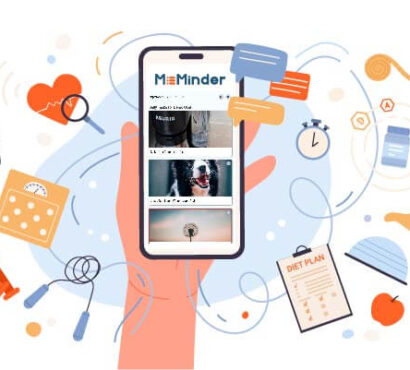Simply put, the word “ration” is a form of comparison measurement. It’s no coincidence that it is at the center of so many things. Take these, for example:
Duration
Preparation
Generation
Administration
Collaboration
Integration
Demonstration
Penetration
Operation
Configuration
In the grand scheme of my life, I realize that rationing myself is something I have to do on a daily basis: the people I tend to, my responsibilities, and comparing it to the time I have to commit to each of them. I’ve tried to exercise self-reflection so as not to over extend myself and have landed on the fact that if my to-do list has any more than 8 or so items on it – things are going to overflow to the next day…and the next day….and so on.
What is your number and how do you handle the excess?
In a time where providers and agencies are facing staffing challenges, this rationing scenario is getting more prevalent as care providers’ and job coaches’ “plates” are more full than ever. Many are turning to technology to offload some of the manual and less-demanding tasks to enhance their efficiency.
A couple of examples of this are:
Reporting and documentation.
These are time-consuming and antiquated processes. Technology does both the documenting and the storage and retrieval for you!
Check-ins that can be completed less-intrusively.
For clients that are more independent, a technology check-in a couple of times between face-to-face visits can free up travel time for care providers and job coaches.
Troubleshooting.
Care providers and job coaches spend a lot of time running between locations to trouble shoot when often times, assistive technology can provide the prompting and instruction they need to get things done on their own.
In my own life, technology has enabled me to offload about 40% of the daily tasks that don’t require face-to-face involvement.
Are you struggling to ration your energy to accomplish all of your daily to-do’s? How many items can you handle in a day – and is it possible?
If you would benefit from a reduction in your/your staff’s workload, please call us at 317.578.6670 to discuss how assistive technology can help!
Until next time,
Stephen Sutter



